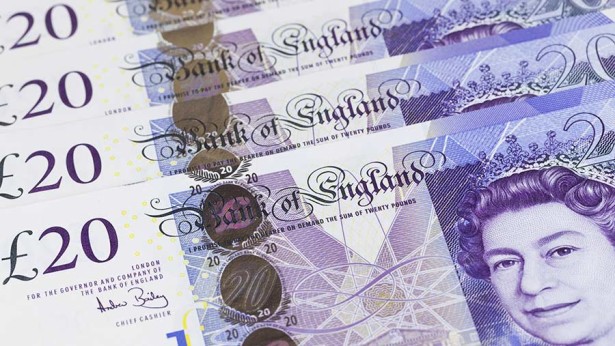The financial markets’ reaction to Trump’s victory seems to be abating early Tuesday with the dollar index retreating for the first time in six days after approaching its highest levels in nearly 13-years. Global bonds sell-off also took a break after wiping out almost $1.5 trillion from its value.
More interestingly, yields on Japan’s 10-year JGB’s rose above zero for the first time since September 21 and if they settle above zero, it will be for the first time since February 23, leaving only its Swiss rival in negative territory, suggesting that we’re approaching an end to the negative interest rate world.
Fixed income portfolio managers are challenged by Trump’s expected economic policies of more fiscal spending and borrowing to boost growth and inflation levels. However, it’s still not clear yet if the Fed will start responding to these policies by accelerating rate hikes expectations and whether a conservative republican Congress will pass an aggressive fiscal stimulus plan.
Sectors in U.S. equity markets diverged substantially. Financials and industrials continued to lead, sending the Dow Jones to a new record high while the technology sector was left behind weighing on heavy tech Nasdaq index. If the divergence continues within these major sectors it could send a warning signs to investors that the rally is not sustainable, especially since long term fixed income maturities have started to look attractive.
Advertisement
Investors will turn their attention to economic data with a busy calendar ahead for today. Growth figures and inflation data from around the Eurozone and UK will attract attention away from Trump. UK’s consumer prices are expected to show prices edged up again in October albeit slightly from September’s reading, meanwhile the retail price index is forecasted to exceed the 2% benchmark for the first time since 2014.
Of course, UK’s rising inflation has a lot to do with the pound’s slump, but another factor to consider going forward is oil prices which will start losing their influence on inflation as they stand on the same levels they were a year ago. The same applies to the Eurozone where ECB plans of extending QE program seems to be challenged when inflation returns.
Sayed is chief market strategist at FXTM.
Advertisement
Add a comment






